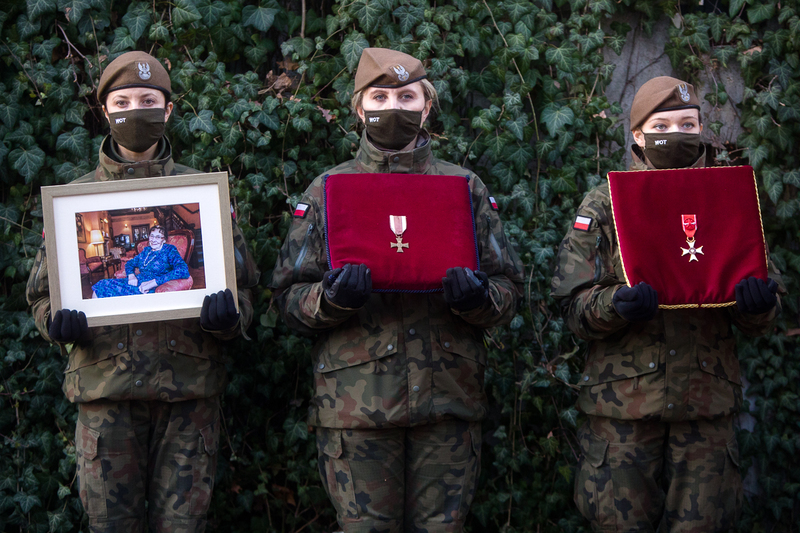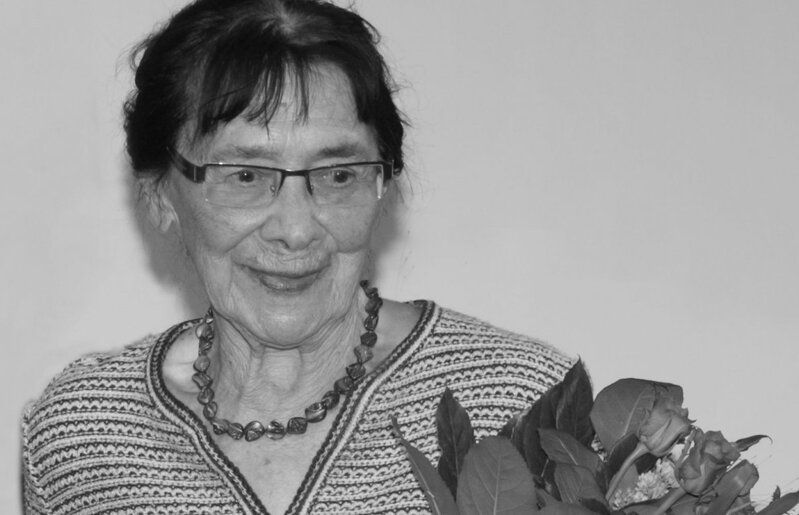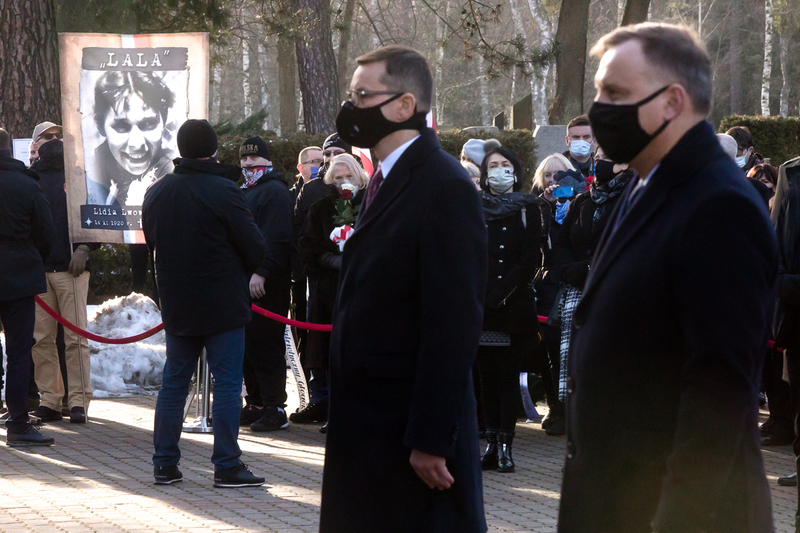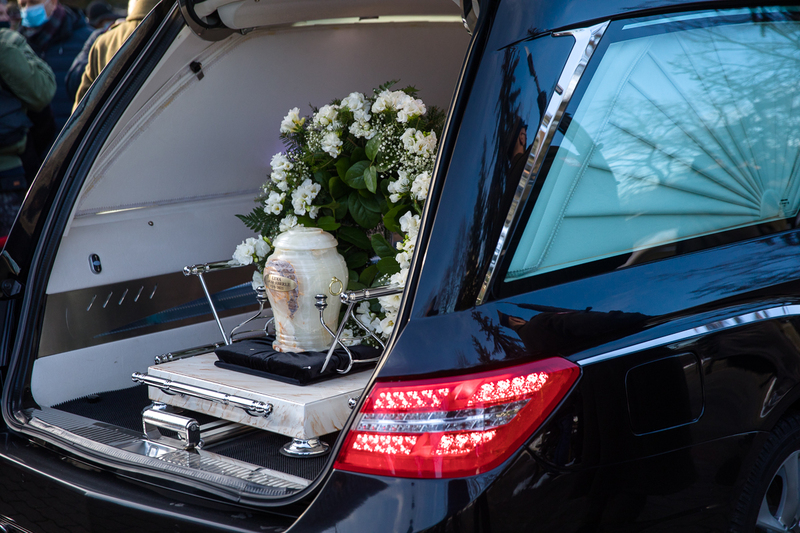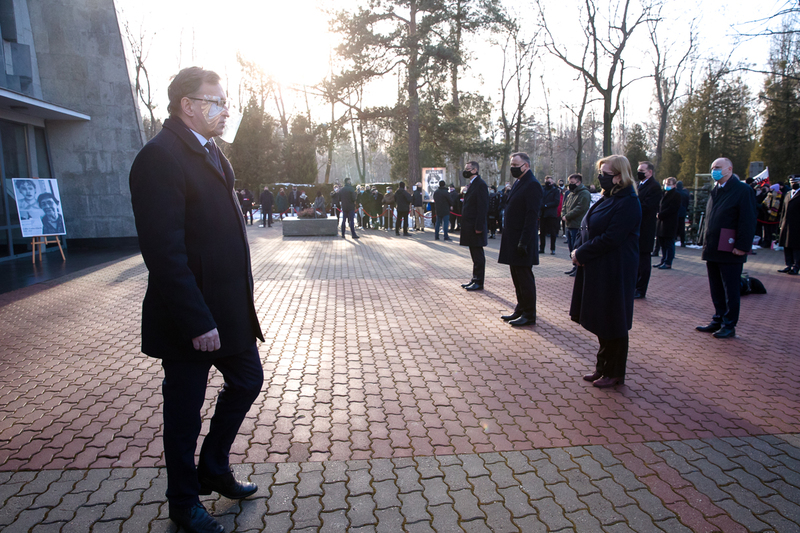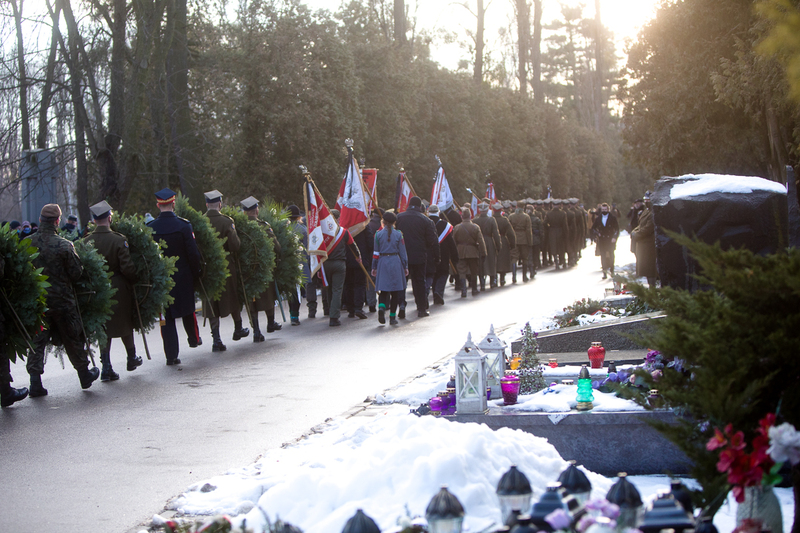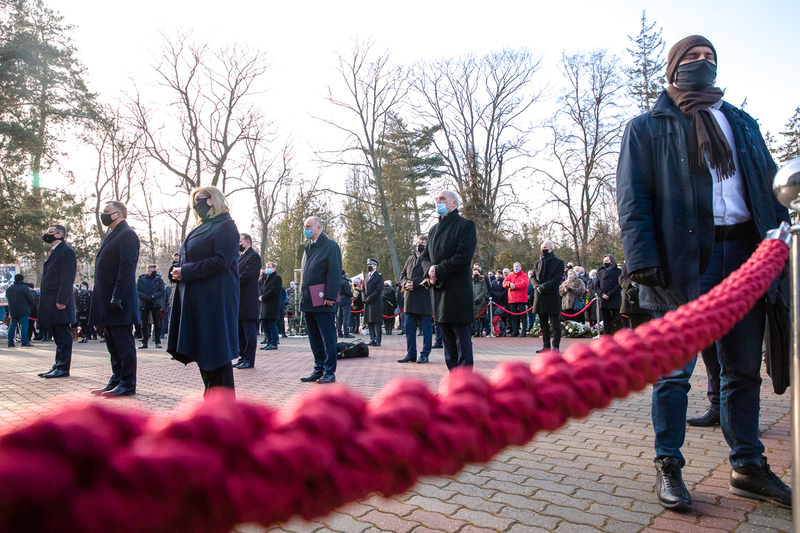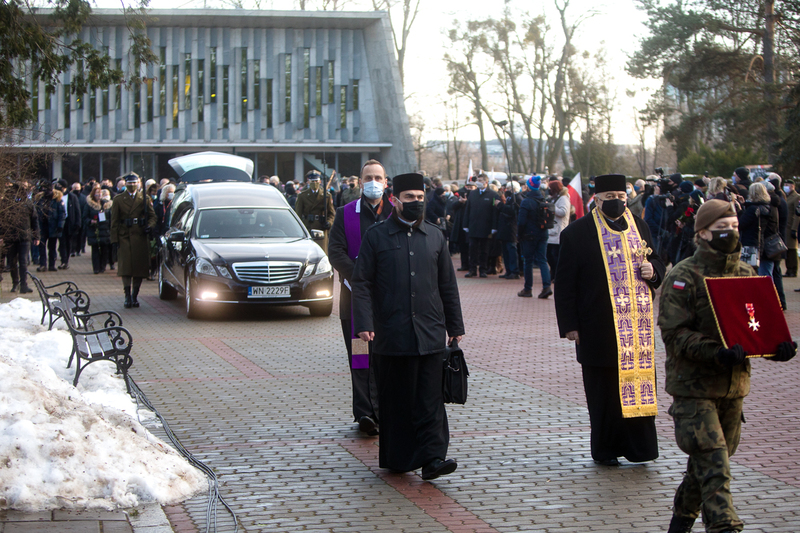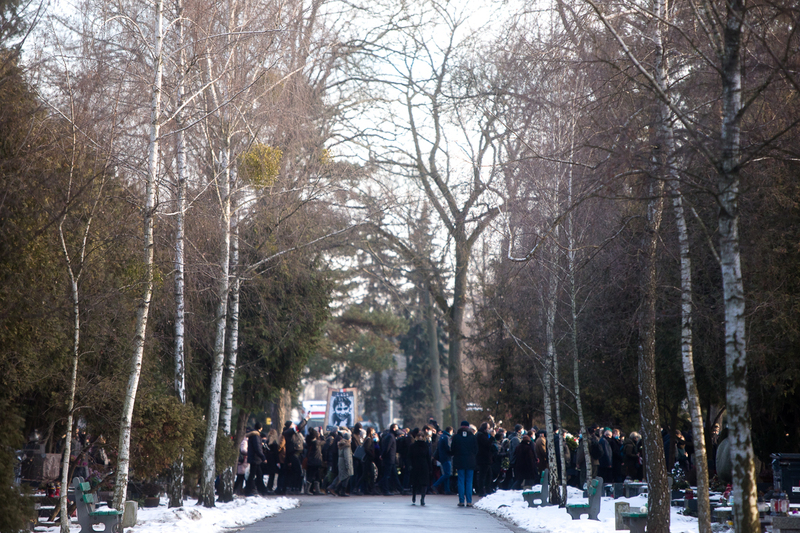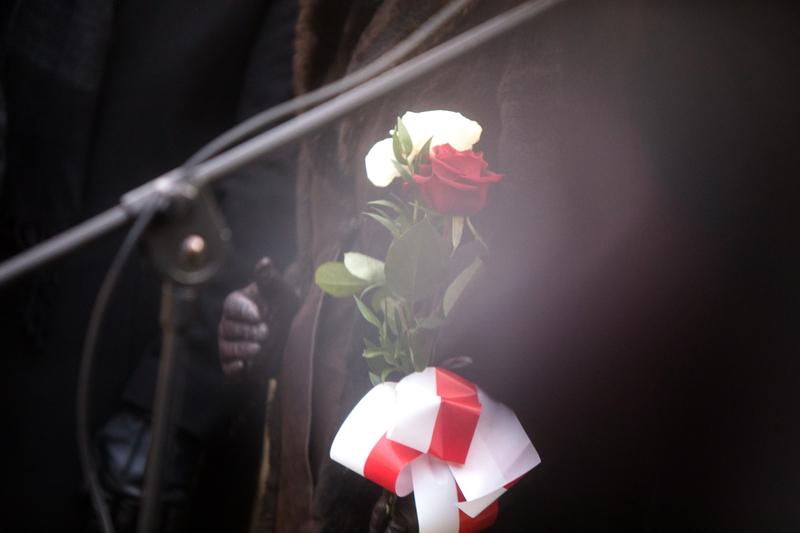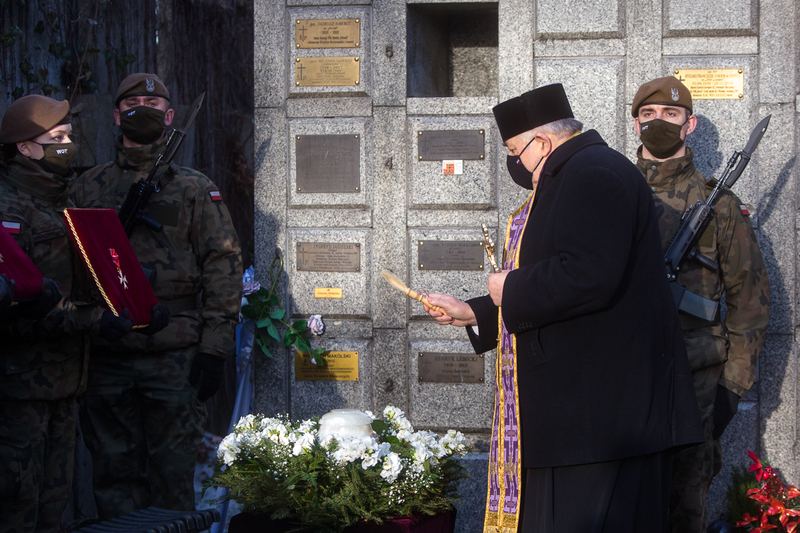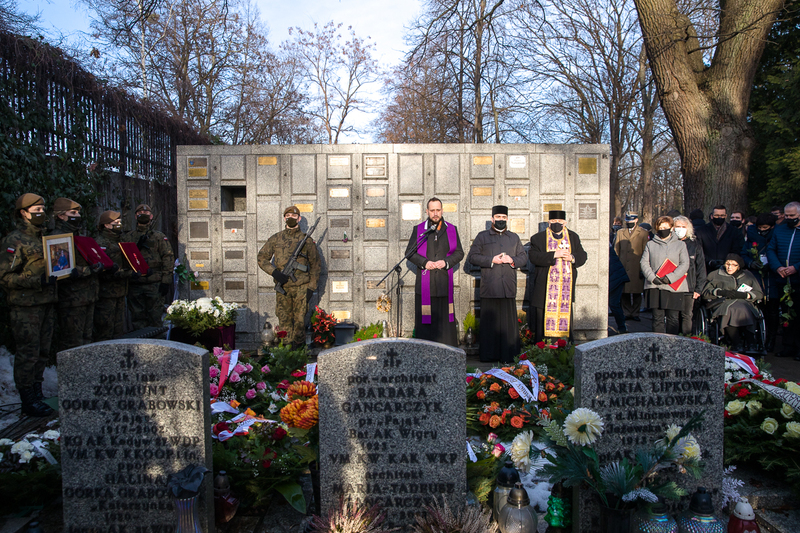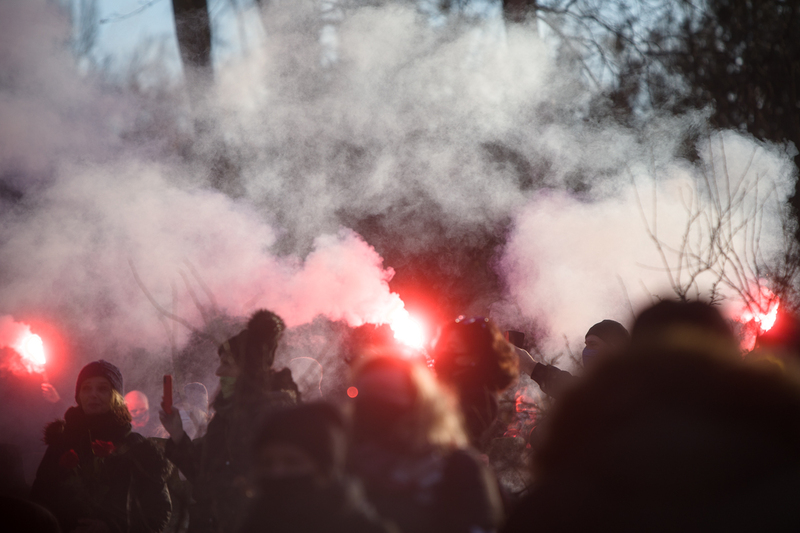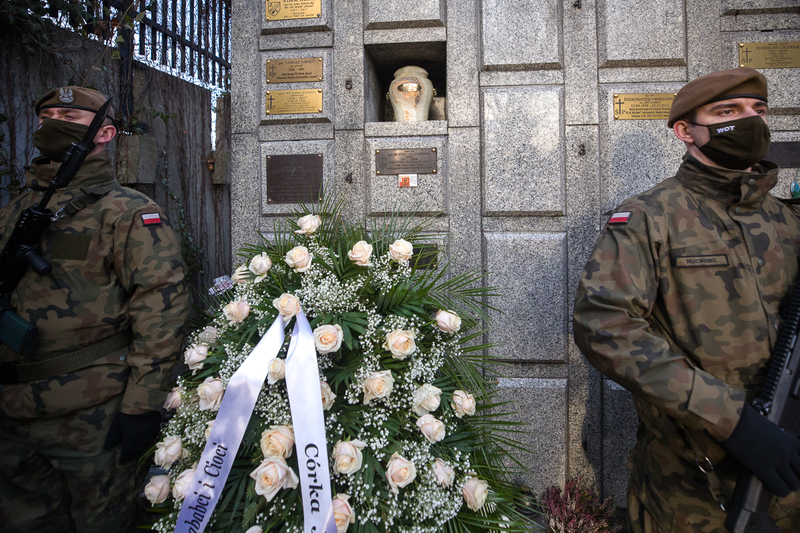Lidia Lwow was born on 14 November 1920 in Plosa, in the present-day Ivanov district, on the Volga River. She was the daughter of Leon Lvov, an agronomist engineer, and Barbara née Tuganov. They both completed their studies in Moscow. Both families, on the mother's and father's side, were distinguished Russian aristocracy. So it was a family deeply rooted in the tradition of Russian statehood. Lidia, however, came to live at a time when the Russia that her ancestors had served ceased to exist. The tsarist state irretrievably passed into the hands of the Bolsheviks. It is therefore not surprising that in 1921, shortly after the birth of their daughter, the family emigrated to Poland, protecting themselves against the criminal communist system. Lidia initially attended the state gymnasium in Nowogródek, and after moving to Kobylnik, she continued her education in Święciany. She graduated from school in 1939.
It was then that she met her future brothers-in-arms - Janina Wasiłojć, a future nurse "Jachna" in the 5th Vilnius Brigade of the Home Army, and Zdzisław Badocha "Żelazny", the squadron commander of this brigade.
One can see from Lidia's biography that in the Second Polish Republic, nationality was not a burden and did not determine the way of life. In those days, the value of a person manifested itself in their choices. In this case – the involvement in building Polish statehood.
In the summer of 1943 she joined the partisan unit of the Home Army of the 2nd Lt. Antoni Burzyński "Kmicic". This unit was deceptively disarmed and partially murdered on 26 August 1943 by a Soviet partisan brigade. After this event, Lidia alias "Ewa" joined the 5th Vilnius Brigade of the Home Army, commanded by Major Zygmunt Szendzielarz "Łupaszka" and became a nurse there. She took part in many battles of the Brigade, including the battle against the the Germans near Worziany on 31 January 1944, where she was wounded, and the battle against a Soviet partisan group near Radziusze 3 days later. In August 1944, she moved with the Brigade to the Białystok region. She was appointed a second lieutenant.
After the death of "Łupaszka’’’ s wife in February 1945, Lidia Lwow became his life companion.
On 30 June 1948, she was arrested together with "Łupaszka" on the grounds on their activity in pro-independence movement, which in the years 1944-1956 continued with their struggle for Polish independence, regarding Soviet forces as new occupiers. On 2 November 1950, she was sentenced to life imprisonment. She was released in 1956 and undertook archaeological studies.
In the Third Republic of Poland, she took up activity in the circle of former Home Army soldiers.
